Best GitHub Alternatives will be discussed in this article. The developers are demanding the newest software development tools and techniques due to the rapid speed of technological improvement. Modern technologies and the industry’s rapid acceleration increase the likelihood of business growth. These companies are having trouble keeping up with those cutting-edge technology in a time when speed and time are extremely important.
Top 9 Best GitHub Alternatives In 2023
In this article, you can know about GitHub Alternatives here are the details below;
How many developers use open source tools has been the subject of numerous surveys.Check out the survey, which demonstrates that the vast majority of developers use open source tools and techniques, by clicking here. According to a different Stack Overflow poll, almost 65% of professional developers there make at least one annual contribution to open source projects. Contribution Diagram of Expert Developers Instead than wasting time on the idea, developers are now concentrating more on output. It doesn’t hinder any developer’s productivity or the process, unlike other applications and out-of-date tools.
Github Dashboard
Git may be described as an additional type of version control that manages many file types and records project revisions. Version Control is a component of software composition management. It is a subordinate of Microsoft, which offers Distributed Version Control & Source Code Management (SCM) capability and also extends its features.
GitHub Terminology
Repository: Git is a repository, storage, or a site where every piece of code is stored. Copying the code from one repository to another is referred to as forking. Upstream refers to the entity that owns the source code that you have copied. GitHub is the most powerful platform for developers to work on and share their code with the community thanks to these three key characteristics. Git also enables you to save your code on both your PC and your friend’s PC if you’re working on a project together. Assume you have written some code and if your friend wants to update the authentic code then it will be visual to you also. Git also enables you to communicate with other developers about any coding- and feature-related difficulties.
GitHub Features
Effortless code review with a simple change proposal, request to review, difference identification, comments, and more precise feedback. To see the big picture of your project, organise your work with cards, notes, and task tracking and assignment. For the right job, streamlined connections with leading tools like Google, Codacy, Code Climate, etc. Explore new tools, extend your GitHub with teamwork and team management to discover and reach out to your potential. Save all of your code in one location, make changes with confidence, and release it when you’re ready to share. Also check Team Time Management Tools
Pros Cons
- Uses less memory than a String Price rises for a straightforward task
- Maintains the history of earlier branches
- Graphic charts occasionally can have unrequired branches
- Straightforward and easy to use
- History becomes heavily contaminated, making it challenging to find anything.
- Integration with other tools
- All stuff in one place
- GitHub Prices GitHub Pricing
- The nicest thing is that every developer can use GitHub’s free plan for basic tasks.
Its paid plans are:
- Pro: for advanced needs of developers ($7 per month)
- Team: for sophisticated management and collaboration tools ($9 monthly)
- Enterprise: For large enterprises to achieve security (custom pricing)\s=>>
- To recommend a listing here, please contact us.
- There are various alternatives to GitHub which have their characteristics, USPs and purposes.
1. GitLab
GitLab says that they are the single application for the complete DevOps lifecycle and only they can allow concurrent DevOps for a 200% faster lifecycle. The best feature of GitLab is that it offers whole procedure, from source code management and project planning through CI/CD, monitoring, and security. CI/CD integration saves time and resources, enabling developers to spot problems early and fix them. GitLab is utilised by more than 100,000 contented organisations worldwide and has an active community of 2200+ contributors.
Features
- Flexible permissions, protected tags, & access to the server are all part of Authentication and Authorization.
- Smart card approval, value stream management, and IP whistling for authentication.
- Monitor description changes, comments, and drag-and-drop tasks with the sophisticated time tracking function.
- Backlog governance, risk management, portfolio management, team management, workflow control etc.
Pricing
It provides a free plan for all the essential requirements of any developer, similar to GitHub.
Paid plans consist of:
- Bronze: For teams looking to accelerate DevOps delivery ($4 per user each month).
- Silver: For IT’s to implement complex setups ($19 per month per user).
- Gold: To help large enterprises grow their businesses ($99 per user, every month).
- GitLab is the company’s official website.
2. Bitbucket
Bitbucket is designed specifically for professional teams to plan projects, work together, test code, and complete tasks all in one location. Additionally, it provides the best in class interaction with Jira and Trello as well as limitless free private repositories for small teams. With a code review feature, Bitbucket enables you to create high-quality software more quickly. Individuals and groups with five users or fewer can use it for free. Moreover, you can add files by using the Git command line.
Features
- Share requests for higher quality code with your team members.
- Branch approval for access control & Code aware search for saving more time.
- Git LFS can be used to store huge files and rich media (Large File Storage).
- Desktop client, build integration, comparison views, and third-party integrations.
- Versatile deployment and execution choices.
Pricing
Bitbucket shows a free plan for up to 5 users with unlimited private repositories.
Its paid plans include:
- Standard: For expanding teams who require more ($2 per user/month).
- Premium: For large teams with sophisticated capabilities ($5 per month per user).
- Official Website: Bitbucket
3. Launchpad
Launchpad was created in January 2004 but encountered several problems because it was not created under a free licence. This was eventually fixed. It was created and is now being maintained by Canonical Ltd. It is an open-source platform where programmers can create and maintain their work for free. This is another GitHub Alternatives.
Launchpad operates as follows:
- Answers: For the community support website and knowledge base.
- Blueprints: Details and characteristics.
- Bugs: For tracking bugs and issues.
- Code: For hosting source code.
- Translations: For distinct human languages.
Features
- Bug tracking, code hosting with Bazaar, code reviews, and language translations.
- Open Stack Dashboard, Designate Dashboard, and Ubuntu Package.
- Share bug reports, get notified through emails, and drive-by contributions.
- Create connections between bugs, team branches, and branches.
Pricing
- Launchpad is a software collaboration or web application which provides a free open-source platform to build and manage software.
- Launchpad is the company’s official website.
4. SourceForge
For developers, by developers, SourceForge is an entirely free and open-source software platform. Its core motto is to help open source projects to be as successful as possible. With more than 30 million users worldwide, SourceForge enables you to create, collaborate, and share. Slashdot Media is the owner of the business (top technology community in the world). Also check Marketplaces To Sell Your Templates
Features
- Get metrics for your projects anytime using criteria like by location, platform, area, etc.
- For open source projects, it functions as a global mirror network with limitless capacity.
- Open source directory enables you organise your projects, take screenshots, produce movies, and share your items on social network.
- Git, Mercurial, or any other subversion can be used to host code in open-source repositories.
- Runs on Apache Allura, allowing you to host your forge and add improvements.
Pricing
- The pricing range for SourceForge is totally free and open source.
- SourceForge is the official website.
5. Beanstalk
Beanstalk asserts that they offer a comprehensive workflow for authoring, evaluating, and deploying code. Beanstalk does not require clients. Simply add files, create branches, and begin editing in the browser. It also offers reliable Git and SVN hosting. Its code review is sophisticated enough that it goes with the flow. You don’t get bogged down in reviewing code because all the information is at your fingers. Beanstalk enables you to keep track of the data and problems with your projects. Not restricted to this, you can also deploy your code from anywhere in different environments.
Features
- Build and manage repositories, invite team members and clients with unsurpassed reliability and security.
- Explore files and modifications, modify code, evaluate your work, compare it to others’ designs, and share your own.
- Check your file history and compare the findings properly.
- Create, view, and merge branches with only one click to manage them.
- To deploy your code and maintain consistency, use various environments.
Pricing
Beanstalk does not provide a free plan, in contrast to other software.
It provides five distinct paid plans:
- Bronze: For freelancers and startups ($15 per month).
- Silver: Similar as bronze but with more features ($25 per month).
- Gold: For corporations and enterprises ($50 per month).
- Platinum: For companies who need more features ($100 per month).
- Diamond: For large businesses ($200 per month).
6. Apache Allura
Apache Allura is open-source free software that maintains source code repositories, blogs, bug reports, papers, etc. for every individual report. Another open-source, free programme called SourceForge serves as a platform for developers. The Apache Software Foundation has introduced Apache Allura which is self-hosted on an instance of Git, Wiki, and tickets. Till now it has five different versions: The most recent version of Apache Allura is 1.10. This is another GitHub Alternatives.
Features
- Your favourite searches are kept for easy access, and Advanced Search Syntax is accessible for speedier work.
- For formatting and file attachments, tickets are used.
- Custom fields and labels can also be used to arrange tickets.
- Threaded discussion forums and code repository.
- Build wiki pages, attachments, and threaded discussions.
- Take screenshots of the project and mark the syntax for code samples.
Pricing
- Apache Allura is totally free and open-source.
- Apache Allura’s official website
7. Git Kraken
Git Kraken is a software startup based in Arizona that offers a cross-platform Git client for Windows, Mac, and Linux. Git Kraken is efficient, sleek, and reliable to use as it helps engineers become more productive and efficient. Git Kraken is also absolutely free for personal use. With its user-friendly interface, it is quite simple to use and rather intuitive. It enables good app integrations, and setting up Git Kraken is enjoyable. That’s the reason why the people appreciate using Git Kraken. Also check Ways To Edit Joomla Template Code
Features
Merge conflict editor with in-app merge tool and output editor. Built-in code editor for diff split view, syntax highlighting, search within files, and file mini-map. Work tracking by linking a Glo board to a Git Kraken repository with GitHub Issue Sync, Markdown compatibility, and a calendar view. Additional features like Git flow support, Git LFS, Git hooks support, interactive rebase, light and dark themes, keyboard shortcuts, etc. are available.
Pricing
- Git Kraken also provides a free plan for open source projects.
- For the team’s business purposes ($4.08 per month).
- Self-Hosted Servers: For companies that manage accounts ($8.25 per user per month).
- Enterprises: Standalone (serverless) ($8.25 per month per user).
- Official Website: Git Kraken
8. Gitea
Gitea is a cross-platform community that functions on a combination of operating systems, including Windows, Mac OS, Linux, ARM, etc. Also, a Go-based lightweight code hosting solution’s community is built and managed. Gitea was released under the MIT licence. Not only this, but installing Gitea is fun and has minimum system requirements so it can be used everywhere. Also, as it is an open-source site, anyone can visit and contribute. This is another GitHub Alternatives.
Features
- Open-source with support for different databases, operating systems, markdown, and org-mode.
- Minimal resource use (RAM/CPU) and simple update procedure.
- Support for CSV, integration with external services, Git wikis, deploy tokens, and repository tokens.
Pricing
- There is no pricing information available from the company.
- It might be free to use because it is an open-source platform.
- You can still get in touch with Gitea if you have any questions about price.
- Official Website: Gitea
9. Git Bucket
Git Bucket is a Scala-based GitHub clone that is simple to install. It is a JVM-based open-source Git platform. Git Bucket is also accessible as open-source software under the Apache licence (2.0). Additionally, it offers GitHub-type capabilities including Git repository hosting through HTTP and SSH, User Interface, problems, wikis, and pull requests, among others. This is another GitHub Alternatives.
Features
- It is a self-hosted, free open source, and cross-platform powered by Scala.
- Easy setup, SSH keys, amazing Interface like GitHub.
- Git repositories that are both public and private, including a repository browser and online file editing.
- Issues, mail notifications, repository search, and user management.
- Wikis, fork-pull requests, an activity timeline, LDAP connectivity, gravatar support, etc.
Pricing
Git Bucket is open-source and absolutely free to use.
Conclusion
All of the above comparisons are simply based on GitHub Alternatives, to find the best tool for a given circumstance. If we compare GitHub to alternatives, each tool offers advantages and disadvantages. Git Bucket and Gitea, like Apache Allura, are entirely free and open-source with their own special capabilities for various needs. Although not open-source, other tools like GitLab, Git Kraken, and Bitbucket offer free options.



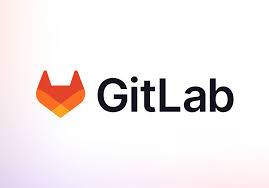
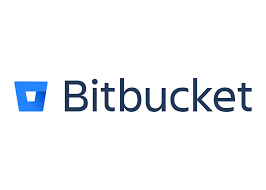

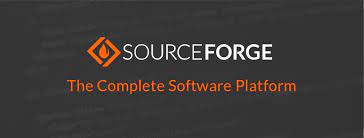
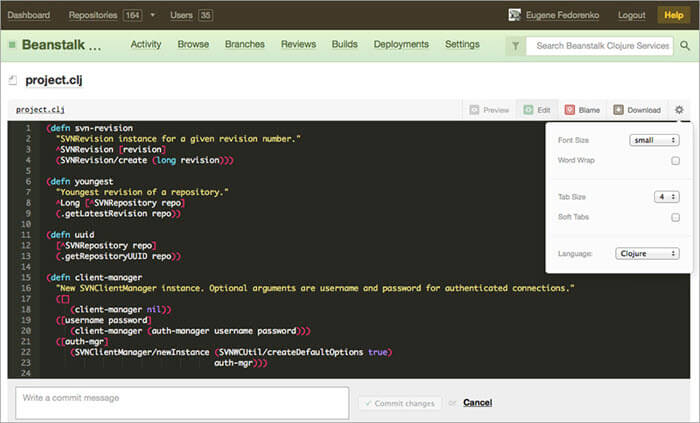

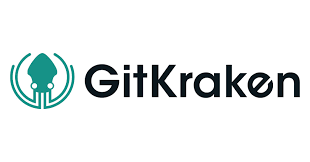

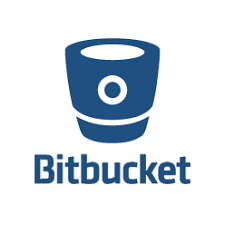





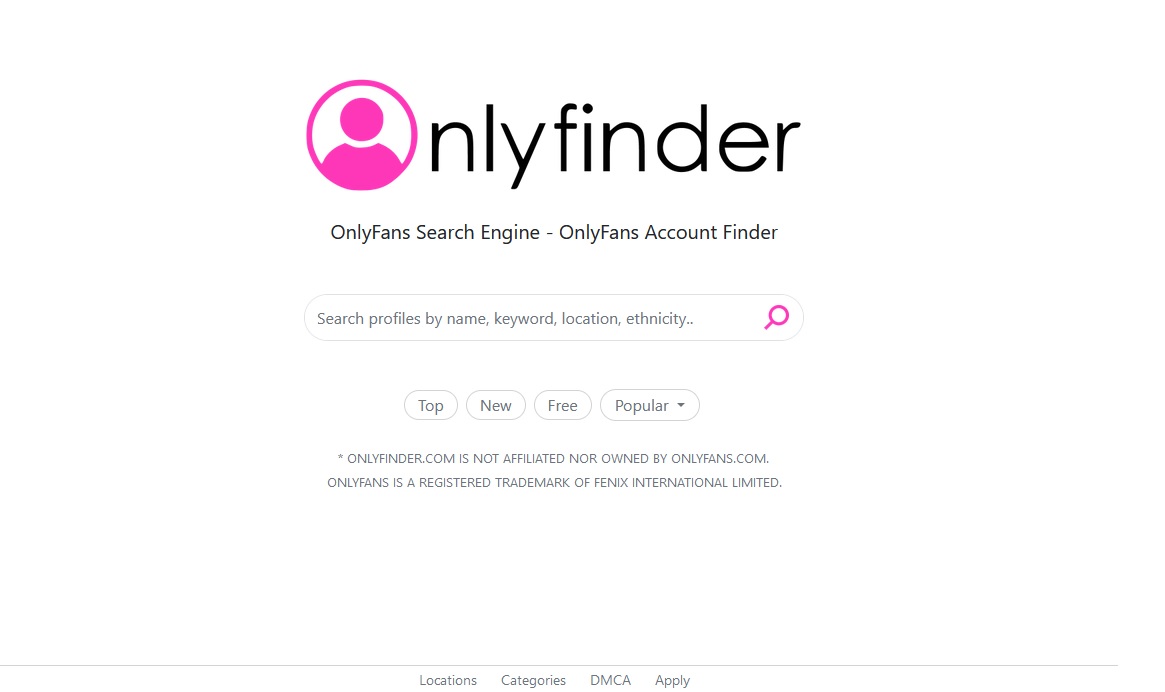
Add Comment